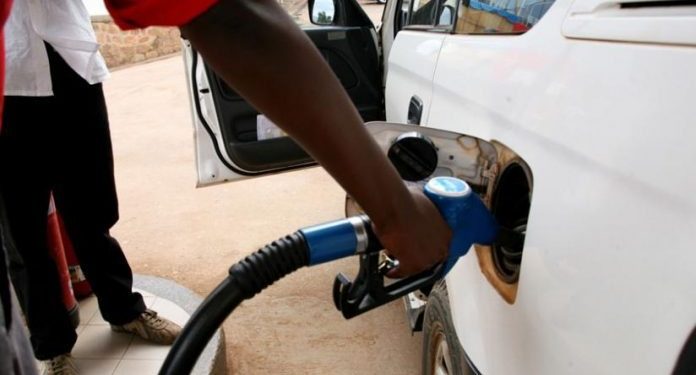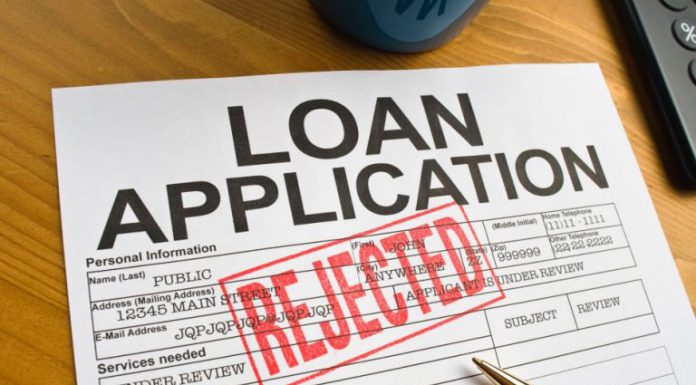Rising fuel prices – why?? Are we alone in this?
The Discovery of crude oil in the Middle East changed their fortunes because of continuous demand for the commodity. Life does not exist without energy. In today’s world, fossil energy/crude oil is considered one of the most prominent energy sources with a large global market. Renewable energy is catching up. But obviously not fast enough in Ghana and many other places in the world. As it currently stands, everything is literally linked to the price of a litre of petrol or diesel. So when fuel price shifts, an entire economy shifts with it. Fuel prices have shifted. They’ve leapt and the entire country has reacted correspondingly. At a press event on March 24th, Ghana’s Finance Minister, Ken Ofori-Atta, said, “To mitigate the rising price of petroleum products at the pumps for the next three months, the government has decided to reduce margins in petroleum price build-up by a total of 15 pesewas per litre with effect from 1st of April.” Any increase in fuel pricing seems to affect every other price. This is because the increase in the petrol price leads to an increase in the cost of transportation, leading to overall inflation in the country. Hence, there is a direct impact on the citizen’s expenditures, import bills, savings, and the overall living standards of the people. There has been a massive increase in the petrol price in recent times, not just in Ghana. After COVID-19 and the reopening of the world, the demand and price for oil in Africa have skyrocketed, leading to adverse impacts on inflation, domestic budget, and economic savings. (Business insider Africa) Although some African countries have crude oil, our region is home to 5 out of 30 oil-producing countries in the world. Yet, not all these countries in the region produce crude oil. Further, the countries producing crude oil have certain strategic failures to address demand. (investpedia) There are local and international factors that impact oil prices and if these factors can be managed, the economic outlay of our African countries can be reduced. LOCAL FACTORS AFFECTING THE PETROL PRICES IN AFRICA 1. Operational incapability of oil-producing African countries The biggest problem with oil-producing African countries is mismanagement (and the c-word). It’s why oil-rich countries in Africa still need to import petroleum products into their country. It’s why a country can import crude oil from Europe and have it arrive “dirtier than black market fuel”. (investpedia) 2. Tax and levies implication on the petrol price The implication of taxes on the sale of petrol leads to a higher price. As the rate and number of the tax increases, the price of fuel increases. For instance, in 2019, there were about 12 different types of surcharges on petrol, leading to a higher price. These added up to about 40% (ghana business reviews). These taxes and levies include road fund levy, Energy debt recovery levy, energy sector recovery levy, special petroleum tax, distribution, marketing margin etc. Nevertheless, Government is in the process of negotiating some of these to reduce the price. That is why the announcement by the Finance Minister is in order. It might be temporary though till the prices in the international markets go back to normal. 3. Legal and security issues within local oil-producing countries On a broader spectrum, there have been security problems in major oil-producing countries like Nigeria during the last decade. It’s evident from the report of the US Energy Information administration that it was a security risk to explore and develop oil fields in the country. (investpedia) Further, most of the oil exploration activities are dependent on foreign companies. So, we are dependent on imports and foreign machinery work for our very own welfare. 4. Currency depreciation The import bill increases when the local currency depreciates. It’s simple to understand that when currency is weak, you have to pay more to import the product. The cedi has been depreciating in recent times. So, when cedi is converted into dollars, more cedi will be needed to make the product’s price. It’s also important to note that persistent depreciation is increasing because of a gap in imports and exports. The import bill exceeds the country’s exports, which weakens the local currency. We need to choose locally manufactured products where possible. It can help to boost the economic stability of the country. (norvanreports) INTERNATIONAL FACTORS AFFECTING OIL PRICE IN THE COUNTRY Russia is the third-largest oil-producing nation in the world after Saudi Arabia and the United States. Russia’s oil extraction capacity and supply ability are higher than most other oil-producing countries around the globe. And it has been a major oil supplier for the global oil market. However, a recent clash between Russia and Ukraine has created tension and uncertainty about the operational sustainability of its oil market. (iaee) It’s important to note that international sanctions on Russia aim to make it unable to find a buyer. The US and Canada have already banned oil purchases from Russia. The UK is about to do the same by the end of the year. So, there is global uncertainty regarding supply and what the future has to unfold. 2. Increasing economic activity throughout the world In 2020, this world witnessed zero oil prices in the international market due to reduced/no economic activity. However, oil price exceeded $100 per barrel in recent times due to increased economic activity. The rise of petrol prices has triggered inflation throughout the world, not just Ghana. For instance, in the United States, the current inflation rate is 7.9% which is a massive increase compared to 1.4% in 2020. Although it’s not entirely due to a hike in the oil price, it remains a major factor in boosting inflation. (ycharts) The use of crude oil is not limited to transportation and mechanical energy. Many petrol products are used as the main component in a wide range of products like electricity, chemicals, synthetic material, road oil, feedstocks, and many other mass consumer products. 3. Limited supplying capacity It’s important to note that although there are deep reserves for oil globally,
Rising fuel prices – why?? Are we alone in this? Read More »




